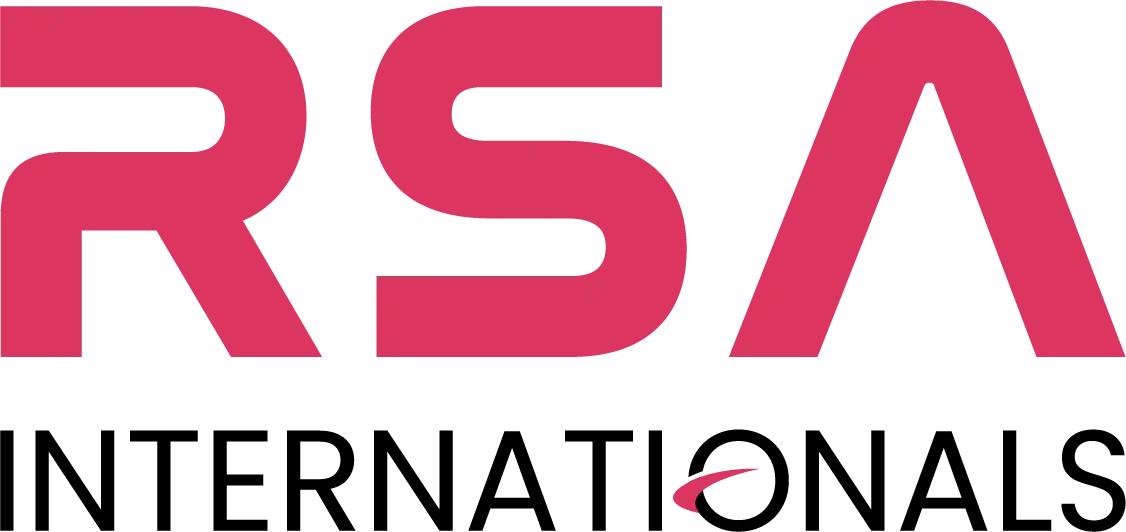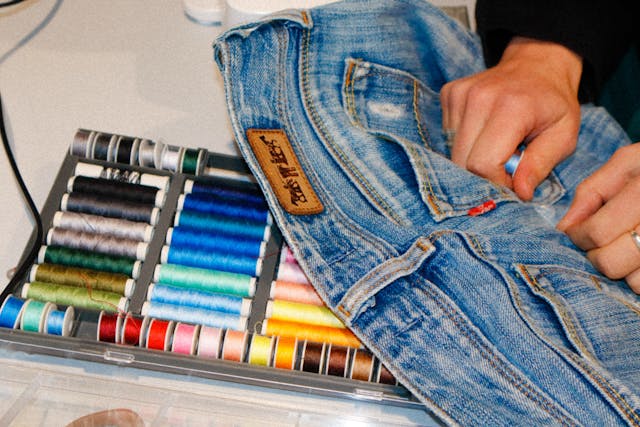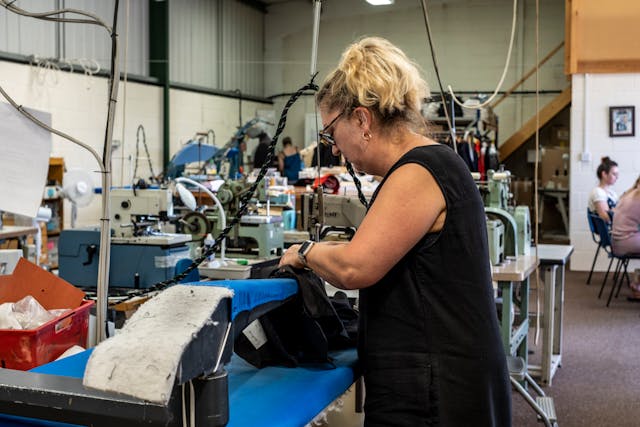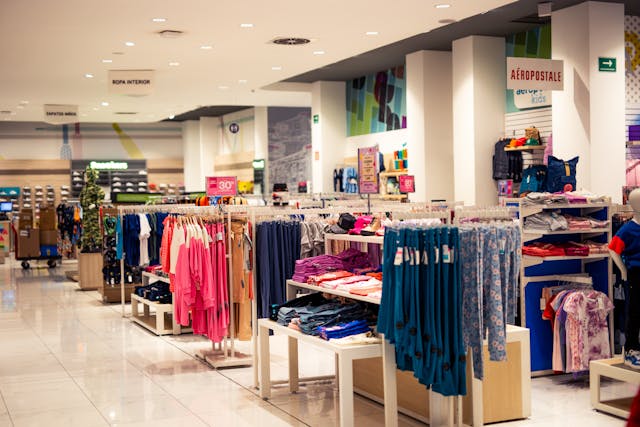Write Us: info@rsainternationals.com
The Importance of Ethical Sourcing in Global Supply Chains

What is Ethical Sourcing?
Ethical sourcing refers to the process of procuring goods and services in a responsible and sustainable way. It involves working with suppliers and manufacturers who adhere to high standards in areas such as labor conditions, environmental impact, and fair trade practices. Ethical sourcing goes beyond just ensuring the quality of the final product—it aims to create a positive impact throughout the supply chain, benefiting workers, communities, and the environment.
For the apparel industry, this means sourcing raw materials (such as fabrics) from sustainable sources, ensuring that workers are paid fairly and work in safe environments, and minimizing the carbon footprint of the production and transportation processes. Ethical sourcing helps companies mitigate the risks of exploitation, environmental degradation, and poor working conditions, all of which can damage brand reputation and consumer trust.
Why is Ethical Sourcing Important?
- Consumer Demand for Transparency Today’s consumers are more informed than ever before. With social media and other online platforms, consumers have easy access to information about the brands they purchase from. As a result, ethical sourcing has become a significant factor in purchasing decisions. Consumers are increasingly choosing brands that align with their values, especially in areas such as sustainability, fair wages, and environmental protection.
Ethical sourcing ensures that brands can demonstrate their commitment to these values, fostering trust and loyalty among their customers.
- Regulatory Compliance and Risk Mitigation Governments and international organizations are increasingly implementing stricter regulations to ensure ethical practices within global supply chains. By adhering to these regulations, companies can avoid fines, legal issues, and damage to their reputation. For example, the UK Modern Slavery Act and the US Foreign Corrupt Practices Act impose significant penalties on companies that engage in unethical labor practices or fail to meet sustainability standards.
Ethical sourcing helps companies mitigate these risks by ensuring compliance with both local and international regulations.
- Improved Brand Reputation Brands that prioritize ethical sourcing gain a competitive advantage in the marketplace. By being transparent about their sourcing practices, they are seen as responsible, forward-thinking companies. This improves their brand image and can attract a dedicated customer base. Conversely, companies that fail to uphold ethical standards risk facing backlash from consumers and stakeholders, leading to reputational damage and lost business.
- Long-Term Sustainability Ethical sourcing contributes to the long-term sustainability of the apparel industry. By focusing on sustainable materials, reducing waste, and ensuring fair labor practices, companies help preserve resources for future generations. This is vital for the survival of the industry, as the depletion of resources and exploitation of workers can lead to significant challenges in the future.
For example, the sourcing of eco-friendly fabrics and the adoption of circular manufacturing practices can significantly reduce the environmental impact of apparel production, helping businesses operate more sustainably.
How RSA Internationals Ensures Ethical Sourcing
At RSA Internationals, ethical sourcing is at the core of everything we do. With over 35 years of experience in the apparel and textile industry, we understand the challenges that businesses face in maintaining ethical practices across global supply chains. Here’s how we ensure sustainability and compliance for our clients:
- Supplier Vetting and Auditing We conduct thorough vetting and auditing processes to ensure that all our suppliers adhere to international labor laws, human rights standards, and environmental regulations. Our team performs regular factory audits to evaluate compliance with ethical standards, including worker welfare, fair wages, health and safety, and environmental practices.
- Sustainable Sourcing We actively seek out suppliers who prioritize sustainability, from sourcing organic or recycled fabrics to reducing water consumption and carbon emissions in production. We work with manufacturers that are committed to adopting eco-friendly practices, ensuring that the materials we use contribute to a sustainable and circular economy.
- Transparency and Traceability We prioritize transparency in our supply chain by providing our clients with detailed information about the origin of the materials we source, the manufacturing processes, and the labor conditions at each stage. Through this transparency, we ensure that our clients can confidently report on the ethical and environmental impact of their products.
- Compliance with International Standards RSA Internationals adheres to global standards such as the Global Organic Textile Standard (GOTS), Fair Trade certification, and ISO certifications, ensuring that our suppliers meet the highest ethical and environmental benchmarks. We also ensure compliance with local and international laws such as the UK Modern Slavery Act, which requires businesses to disclose their efforts to combat modern slavery in their supply chains.
- Continuous Improvement and Education We believe in continuous improvement. RSA Internationals works closely with suppliers to help them improve their practices and stay up-to-date with the latest industry standards. We also invest in educating our clients about ethical sourcing practices, enabling them to make more informed decisions that align with their sustainability goals.
Conclusion
Ethical sourcing is no longer just a buzzword—it’s a fundamental aspect of doing business in today’s global marketplace. As consumers demand more transparency and accountability from the brands they support, it’s essential for companies to prioritize ethical practices throughout their supply chains. RSA Internationals is dedicated to ensuring that our clients have access to the highest standards of ethical sourcing, from sustainable materials to fair labor practices and environmental responsibility. By working with us, businesses can not only meet the growing demand for ethical products but also create a positive impact on the world, all while building a stronger, more sustainable brand.
Let RSA Internationals be your trusted partner in navigating the complexities of ethical sourcing and ensuring that your business stays ahead of the curve.




